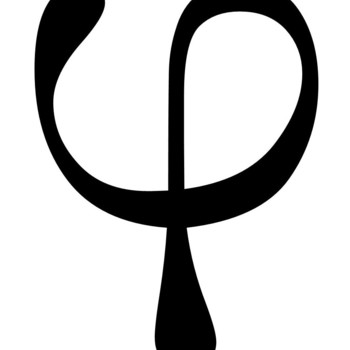We have #d/dx1/2ln(x)#, which we can write as:
#1/2d/dxln(x)#
As #d/dxln(x)=1/x#, we can write:
#1/2*1/x#
#1/(2x)#
We have our derivative.
Maybe you want to know why #d/dxln(x)=1/x#.
Remember that the basic definition of a derivative is:
#lim_(xirarr0)(f(x+xi)-f(x))/xi#
Here, #f(x)=ln(x)#.
We have:
#lim_(xirarr0)(ln(x+xi)-ln(x))/xi#
Let's leave the limit out for now.
#(ln(x+xi)-ln(x))/xi#
#1/xiln((x+xi)/x)#
#1/xiln(1+xi/x)#
#ln(1+xi/x)^(1/xi)#
Taking #alpha=xi/x#, and so #xi=alphax#, we can rewrite our limit calculation as:
#lim_(alphararr0)ln(1+alpha)^(1/(alphax))#
#lim_(alphararr0)1/xln(1+alpha)^(1/alpha)#
Remember that #e=lim_(nrarroo)(1+1/n)^n#. Another definition of the above is:
#lim_(nrarr0)(1+n)^(1/n)#, which is what we have here. We write the above as:
#1/x*ln(e)#, and as #ln(e)=1#, this reduces to:
#1/x#, the derivative of #ln(x)#

